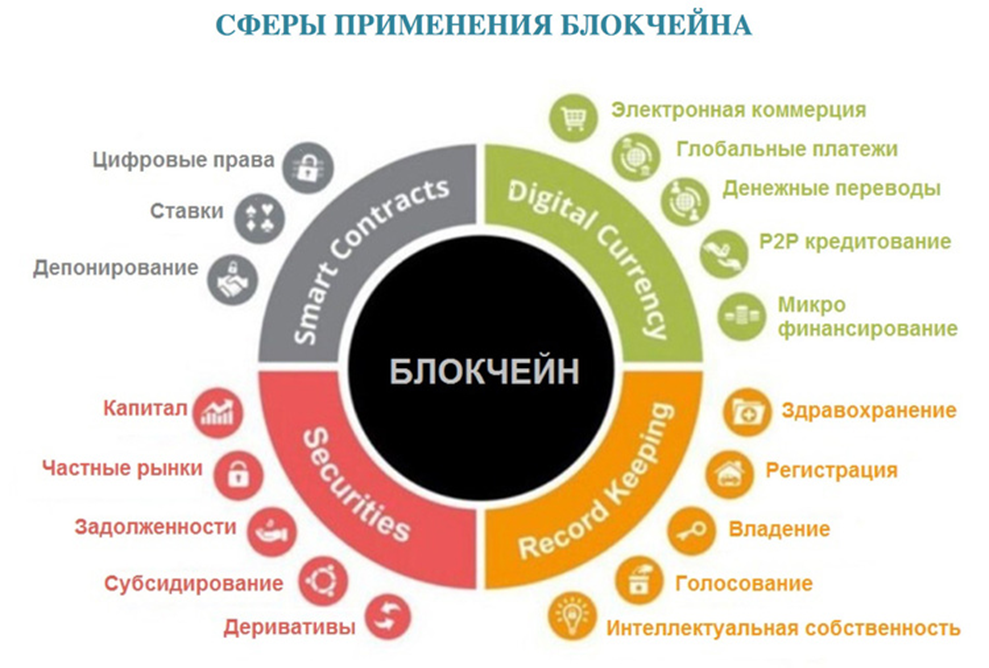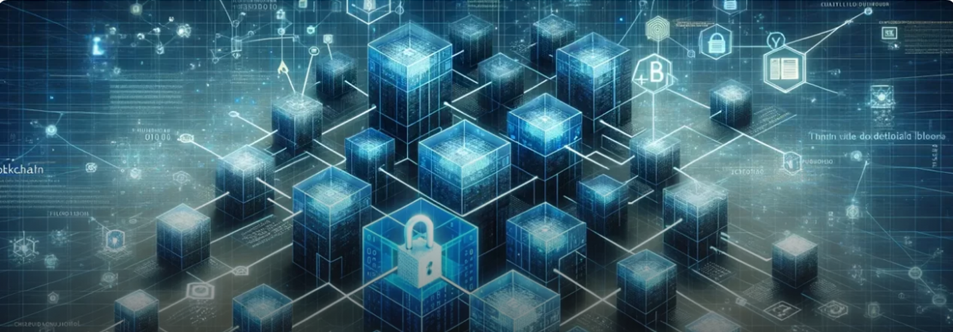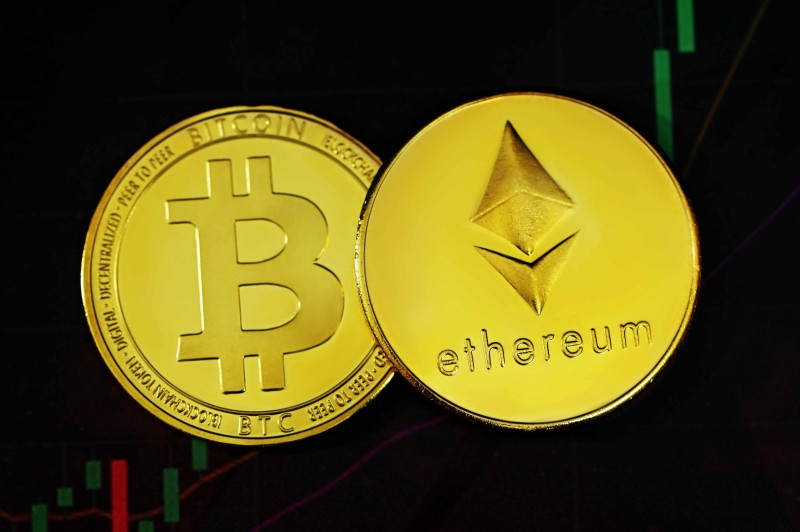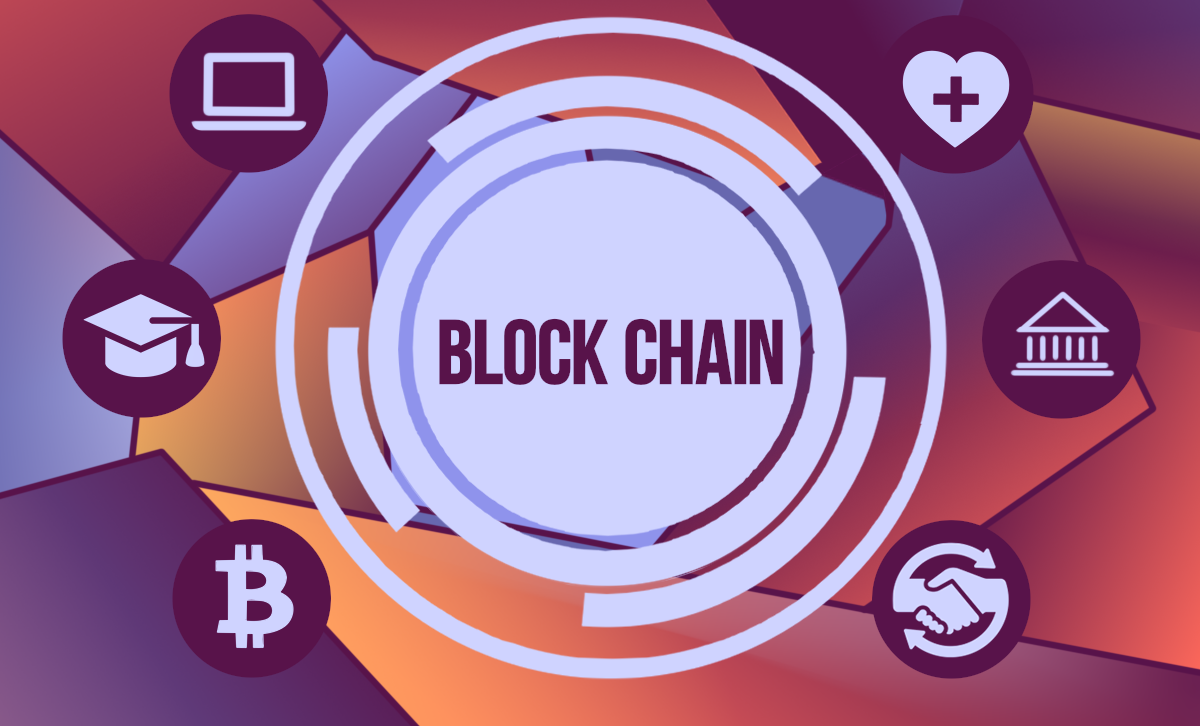What is Blockchain
Blockchain is a decentralized system used when it is necessary to transfer or store information. This is a short definition of this technology. It is revolutionary in the modern world of technology.
The word blockchain comes from Polish - it is an architectural way of storing information that ensures the immutability of the earliest data. It is a decentralized and distributed ledger of network infrastructure. Such a ledger can consist of:
- a database;
- an event log with one-way placement.
Such parts can only be added at the end of structural blocks.
In simple terms, without complex definitions, blockchain is a digital book that acts as a ledger for frequently recording transactions. These are preserved in the form of financial operations.
The simplest examples of blockchain are transactions that occur with cryptocurrencies or stocks.
Blockchain is used in various fields:
- in voting systems;
- in managing data related to government services;
- in bookkeeping;
- in state management authorization, i.e., identity verification, digital signatures;
- in trading without intermediaries;
- in various registries, including judicial ones;
- in government management;
- in renting any assets without intermediaries;
- in making money transfers;
- in currency exchange, including cryptocurrency.

Blockchain investigations allow collecting information and storing it in an indestructible cache from the previous block, in simple terms, a hash functions as a result of collecting blocks. These blocks accumulate and carry useful information thanks to timestamps. Users have the opportunity to find out when and in what form a particular transaction block was created. The presence of a hash and a timestamp allows them to be reliably linked together.
For the system to work as required, it is not necessary to have certain complex equipment. It is enough to have a central data base on a server, a single server, computer, tablet or smartphone with internet access. Collected data is stored in blocks arranged sequentially, which means that transactions are distributed at the level of a peer-to-peer network.

All these functions make blockchain an investigative tool, which becomes a very suitable information carrier with transparent public access to unedited data. They are very reliable for all participants who will track transactions in the blockchain. Such a system is designed to inspire trust and security with rapid development. Blockchain is confidential. However, addresses are publicly accessible, but the data of each user is not defined in them. Anyone who wants can view the transaction history.
How to Investigate Blockchain Transactions
When a crypto transfer is made, it is not immediately visible on the network; before that, it must receive blockchain transaction confirmation. Simply put, it means that the transfer was made by a miner and added to other operations as part of a newly formed block. This allows it to become a small part of a huge chain of blocks.
The completed transfer receives confirmation when a new block is added to it. When obtaining a satisfactory result, the system grows, therefore it becomes more reliable. The number of confirmations affects the status of the operation when the question arises of how to investigate blockchain transactions. The number depends on which network or currency is used when performing the operation.

Cryptocurrency Theft and Blockchain
Sometimes fraudsters steal cryptocurrency, and it can be very difficult to return it. Especially if you sent anonymous cryptocurrency, which is difficult to trace using private sources. Funds can be returned, but provided that large platforms were used, where fraudsters used a cryptocurrency exchange and protected themselves by zigzagging between a large number of services.

To avoid or at least protect yourself from cryptocurrency theft, it is necessary to enable the wallet recovery function when registering on the blockchain. This is a necessary process at the beginning of registration. The recovered wallet allows you to return your funds, to which you may have lost access. Never share your wallet with third parties, as this can lead to fraud and theft of funds. No matter how reliable blockchain operations may be, fraud investigations ensure transparency and security, but there are no guarantees of returning money. And very often the process cannot be canceled, thus cryptocurrency cannot be returned. It is necessary to be cautious about dealing with currency, especially cryptocurrency. This is still a mysterious process.


